Best movies like The Birth of New China
A unique, carefully handpicked, selection of the best movies like The Birth of New China Starring Gu Yue, Sun Feihu, Huang Kai, Guo Fazeng, and more. If you liked The Birth of New China then you may also like: Yellow Earth, The Warlords, Nanking, Rainclouds Over Wushan, Red Cliff and many more popular movies featured on this list. You can further filter the list even more or get a random selection from the list of similar movies, to make your selection even easier.
In the spring and summer of 1949, the People's Liberation Army launched an offensive under the orders of Mao Zedong and Zhu De, they crossed the Yangtze River and Nanjing was liberated on April 23 which signaled the fall of the KMT regime, Chiang Kai-Shek fled to Taiwan; on October 1, 1949, Mao Zedong standing on the rostrum of Tiananmen, solemnly declared the foundation of the People's Republic of China.
You may filter the list of movies on this page for a more refined, personalized selection of movies.
Still not sure what to watch click the recommend buttun below to get a movie recommendation selected from all the movies on this list
The Warlords
A heroic tale of three blood brothers and their struggle in the midst of war and political upheaval. It is based on "The Assassination of Ma," a Qing Dynasty (1644-1911) story about the killing of general Ma Xinyi.
Nanking
The story of the rape of Nanking, one of the most tragic events in history. In 1937, the invading Japanese army murdered over 200,000 and raped tens of thousands of Chinese. In the midst of this horror, a small group of Western expatriates banded together to save 250,000. Nanking shows the tremendous impact individuals can make on the course of history.
Rainclouds Over Wushan
A policeman investigates an introverted signal-station manager suspected of raping a hotel clerk.
Red Cliff
In 208 A.D., in the final days of the Han Dynasty, shrewd Prime Minster Cao convinced the fickle Emperor Han the only way to unite all of China was to declare war on the kingdoms of Xu in the west and East Wu in the south. Thus began a military campaign of unprecedented scale. Left with no other hope for survival, the kingdoms of Xu and East Wu formed an unlikely alliance.
Kenji Comes Home
Kenji Comes Home is a 1949 documentary film produced by Paul F. Heard. Written and directed by Charles F. Schwep, it was filmed on location in Japan and employed native actors. The film is the story of Kenji, a repatriated prisoner of war in Japan, and his difficulties in settling down. He is torn between the glowing promises of communism and ideals of his girlfriend Aki's Christian religion. The film was nominated for an Academy Award for Best Documentary Feature.
The Knot
They fell in love; Chen Qiushui was 20. Wang Biyun was 18. When Qiushui fled Taiwan after the 228 Massacre, Biyun gave him a gold engagement ring and they promised to meet again. Qiushui served as an army doctor during the Korean War, where he met Wang Jindi, a nurse from Shanghai who fell in love with him instantly. Years had gone by, Qiushui married Jindi and settled in Tibet. While in Taiwan, Biyun buried Qiushui's mother and continued to pray for his return. Flashback to modern time, Biyun is living in New York. Her niece played by Isabella Leong, a writer, has travelled to Tibet to find out what happened to Qiushui. Through the pictures she sends back via internet, Biyun finally gets to see the familiar face once again.
Ai Weiwei: Never Sorry
An account of the many tribulations that Chinese artist Ai Weiwei, known for his subversive art and political activism, endured between 2008 and 2011, from his rise to world fame via the Internet to his highly publicized arrest due to his frequent and daring confrontations with the Chinese authorities.
The Battle at Lake Changjin
Korean War, winter 1950. In the frozen and snowy area of Changjin Lake, a bloody battle is about to begin between the elite troops of the United States and China.
City of Life and Death
In 1937, during the height of the Second Sino-Japanese War, the Imperial Japanese Army has just captured Nanjing, then-capital of the Republic of China. What followed was known as the Nanking Massacre, or the Rape of Nanking, a six week period wherein tens of thousands of Chinese soldiers and civilians were killed.
Seven Years in Tibet
Austrian mountaineer, Heinrich Harrer journeys to the Himalayas without his family to head an expedition in 1939. But when World War II breaks out, the arrogant Harrer falls into Allied forces' hands as a prisoner of war. He escapes with a fellow detainee and makes his way to Llaso, Tibet, where he meets the 14-year-old Dalai Lama, whose friendship ultimately transforms his outlook on life.
Farewell My Concubine
Abandoned by his prostitute mother in 1920, Douzi was raised by a theater troupe. There he meets Shitou and over the following years the two develop an act entitled "Farewell My Concubine" that brings them fame and fortune. When Shitou marries Juxian, Douzi becomes jealous, the beginnings of the acting duo's explosive breakup and tragic fall take root.
To Live
Fugui and Jiazhen endure tumultuous events in China as their personal fortunes move from wealthy landownership to peasantry. Addicted to gambling, Fugui loses everything. In the years that follow he is pressed into both the nationalist and communist armies, while Jiazhen is forced into menial work.
Don't Cry, Nanking
In December 1937, during the Second Japanese-Sino War, a Chinese doctor, his Japanese pregnant wife, their teenage daughter and their young son travel from Shanghai to Nanjing seeking shelter in the Capital during the Japanese invasion. The family faces the Rape of Nanking by the Imperial Japanese Army, with rapes, mass murder of prisoners of war and civilians including women, children and elders, and disrespect of international conventions.
The East Is Red
Pre-Cultural Revolution propaganda at its most lavish, this model opera depicts the history and evolution of the Communist Party of China under Mao Zedong from its founding in July 1921 to the establishment of "New China" in 1949. Detailed in the musical are several key events in CPC history such as the Northern Expedition, the KMT-led Shanghai massacre of 1927, the Nanchang Uprising and formation of the People's Liberation Army, the Long March and the founding of the PRC on October 1, 1949.
Land and Freedom
David Carr is a British Communist who is unemployed. In 1936, when the Spanish Civil War begins, he decides to fight for the Republican side, a coalition of liberals, communists and anarchists, so he joins the POUM militia and witnesses firsthand the betrayal of the Spanish revolution by Stalin's followers and Moscow's orders.
Mao Zedong 1949
The film is set in 1949, as the members of the Central Committee of the Communist Party of China prepare to establish a new Chinese state, the People's Republic of China.
Mao's Last Dancer
At the age of 11, Li was plucked from a poor Chinese village by Madame Mao's cultural delegates and taken to Beijing to study ballet. In 1979, during a cultural exchange to Texas, he fell in love with an American woman. Two years later, he managed to defect and went on to perform as a principal dancer for the Houston Ballet and as a principal artist with the Australian Ballet.
The Message
After a series of assassinations in Nanking, a Japanese spy master gathers a group of suspects in a mansion, then a tense cat-and-mouse game erupts as the Chinese agent tries to keep his or her identity a secret.
Point of Order!
Point of Order is compiled from TV footage of the 1954 Army-McCarthy hearings, in which the Army accused Senator McCarthy of improperly pressuring the Army for special privileges for Private David Schine, formerly of McCarthy's investigative staff. McCarthy accused the Army of holding Schine hostage to keep him from searching for Communists in the Army. These hearings resulted in McCarthy's eventual censure for conduct unbecoming a senator.
The Sacrifice
In 1953, the Korean War is entering the final stage. The People's Volunteer Army of China has launched the last major battle in Kumsong. In order to arrive at the battleground on time and deliver enough force to the Kumsong front line, the soldiers have to defend themselves against the never ending bombing of enemy bombers and race with time to repair bridges, all under the circumstance of supply shortages and inferior equipment. The rarely told history slowly unfolds.
Eternal Wave
Eternal Wave 密战 is a Chinese film set during the anti-Japanese occupation era starring Aaron Kwok, Zhao Li Ying and Zhang Han. It follows the main protagonist Lin Xiang who is a spy working underground to reestablish what was destroyed ruing the Battle of Shanghai. He meets a simple yet patriotic young lady who becomes his partner as they infiltrate the enemy as a couple. Apart from that, they cross paths with Liang Dong, a man whose motives are unclear.
The Hundred Regiments Offensive
The Japanese has invaded far into china, defeating the Kuomintang (KMT) soldiers many times and pushing them back into Central China. There was a general sentiment among anti-Japanese resistance forces that the Communist Party of China (CCP) was not contributing enough to the war, and that they were only interested in expanding their power. As a result, the CCP planned a major offensive against the Japanese, consisting of 105 regiments, called the Hundred Regiments Offensive.
Pavilion of Women
With World War 2 looming, a prominent family in China must confront the contrasting ideas of traditionalism, communism and Western thinking, while dealing with the most important ideal of all: love and its meaning in society.
The Battle at Lake Changjin: Water Gate Bridge
In the follow-up to "The Battle At Lake Changjin", brothers Wu Qianli and Wu Wanli undertake a new task for the People's Volunteer Army, defending a bridge part of the American troops' escape route from the advancing Chinese.
Destination Nicaragua
Documentary about a group of Americans who go to Nicaragua to learn about the conflict between the Contras and the Sandinistas.
The Eight Hundred
In 1937, eight hundred Chinese soldiers fight under siege from a warehouse in the middle of the Shanghai battlefield, completely surrounded by the Japanese army.
The Founding of an Army
The Founding of an Army is a 2017 Chinese film commissioned by China's government to commemorate the 90th anniversary of the founding of the People's Liberation Army.
Lei Feng
Lei Feng (December 18, 1940 – August 15, 1962) was a soldier of the People's Liberation Army in the People's Republic of China. After his death, Lei was characterised as a selfless and modest person who was devoted to the Communist Party, Chairman Mao Zedong, and the people of China. In the posthumous "Learn from Comrade Lei Feng" campaign, initiated by Mao in 1963, Lei became the symbol of nationwide propaganda; the youth of the country were encouraged to follow his example. After Mao's death, Lei Feng remained a cultural icon symbolizing selflessness, modesty, and dedication; his name entered daily speech and his imagery appeared on t-shirts and memorabilia.
The Founding of a Republic
The tale of one man who fought against the tyranny of a ruler and led his people in battle in the ultimate sacrifice for his country.
Unsilenced
When the Chinese Communist Party launches a brutal crackdown on its citizens, a team of innocent students risk everything to expose the deadly propaganda and fight for freedom.
Beginning of the Great Revival
A chronicle of the events that led to the founding of the Chinese Communist Party.
Embrace Again
A series of interconnected stories, set against the backdrop of the early days of the pandemic. Here, individual souls realize the world is changing, sometimes yielding heartbreak, sometimes yielding happiness, always leading to a deeper understanding of their fellow human beings. From finding love, to connecting through music, heroes emerge, each contributing in small ways to a very new world around them, however dangerous.
Liberation
Based on real life events, the film is set in January 1949 and focuses around a group of soldiers involved in the final stages of the Battle of Pingjin
Who Is Undercover
In 1946, to prevent the Chinese civil war, Zhou Enlai who represented the Communists held a talk with the Chinese Nationalist Party, and George C. Marshall, who represented the Americans at Plum Village in Nanjing. A lost notebook stirred the already turbulent peace talk. The ripples alert the three sides and a battle of spy and anti-spy began. Many historical figures like Zhou Enlai, George Marshall, Chiang Kai-shek, Soong May-ling, He Yingqing, Chen Cheng, and Hu Zongnan are depicted in the movie. Other fictional persona such as the ace agent Xiong Huiquan, the female journalist, and a secret spy who belongs to the Confidential Bureau adds tension to the critical moment.
The Great Military March Forward:Engulf the Southwest
In the later stage of the Liberation War, with the victory of the three major battles over, the Central Committee of the Communist Party of China and Chairman Mao Zedong made strategic decisions, ordering Liu Bocheng (played by Fu Xuecheng) and Deng Xiaoping (played by Lu Qi) to lead a group of the Second Field and Fourth Field to advance towards Hunan, Hubei, Guizhou, and Sichuan, and annihilate the remaining enemies in the southwest. On his way south, Deng Xiaoping asked railway experts he met about the construction of the Chengdu Chongqing Railway and gave political education classes to the troops heading south in a timely manner, implementing Chairman Mao's great teachings of "carrying out the revolution to the end"...
Sparkling Red Star
The story of Pan Dongzi, a teenager and son of a Communist army officer. When the father is called off, he leaves Dongzi a red star as a symbol of the cause. While he is away, a bourgeois landlord, Hu Hansan, returns to Dongzi's village where he exacts revenge upon the peasants who had forced him out
Reconnaissance Across The Yangtze
In the spring of 1949, a war is about to happen between the Liberation Army and Kuomintang Army on the Yangtze River. The Liberation Army dispatches a reconnaissance to scout the southern parts of the River, whose work is actually full of hardships and dangers. However, with the help of the local crowd and the guerrillas, finally, the members of the reconnaissance succeed in the commission and offer valuable information to the Liberation Army, making great contributions in the war.
Towards The River Glorious
1949. Just before the most important and brutal battle of Chinese civil war, an elite small group of PLA commandos infiltrated across the Yang-tze river into the heart of KMT regime. Other than fighting behind enemy lines, the captain of the group had one special task: turning an official who served loyally in KMT army - his own brother.
Soldier in White
A heroic People's Liberation Army nurse continues caring for wounded and getting them safely to hospital even though she has been wounded.
Nan wang de zhan dou
In 1949, as the country celebrates liberation, KMT agents are ploting.
Du jiang zhen cha ji
PLA send scouts to get through Yangtze River to collect enemy information of defense.
Where the Wind Settles
Three men and an adopted son struggle in Taiwan after escaping China in 1949.
The Volunteers: To the War
In the early days of the founding of the People's Republic of China in 1949, New China was faced with "internal and external troubles". Since the outbreak of the Korean Civil War, the U.S. military has repeatedly provoked the border between China and North Korea, and civilians have been brutally bombed. In order to maintain the hard-won peace and long-term stability for generations, in October 1950, the Chinese People's Volunteers entered North Korea, and the "Resist US Aid Korea" war kicked off.

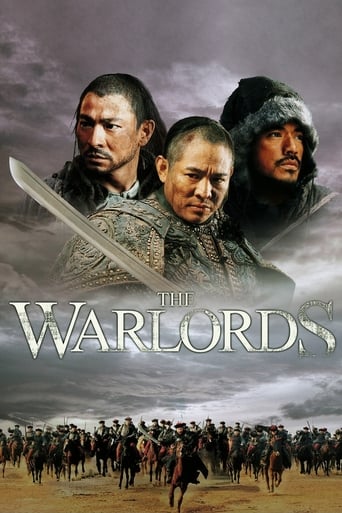
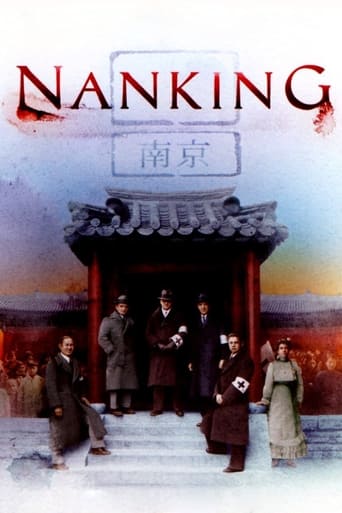




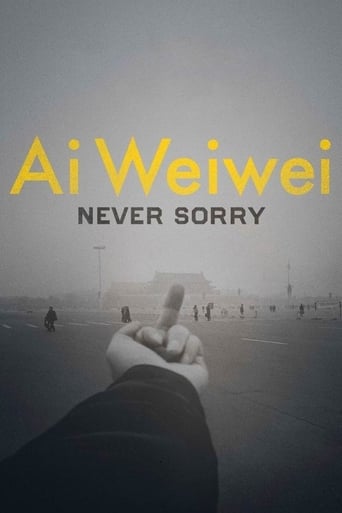






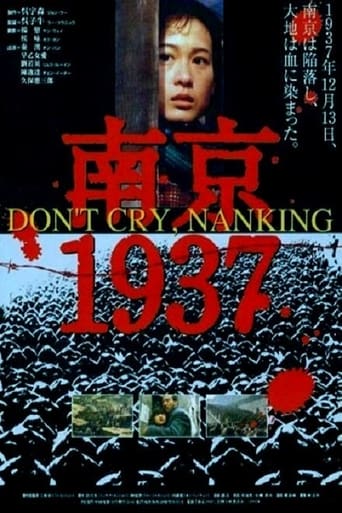

















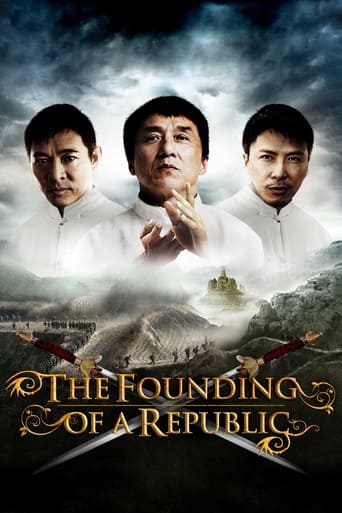


















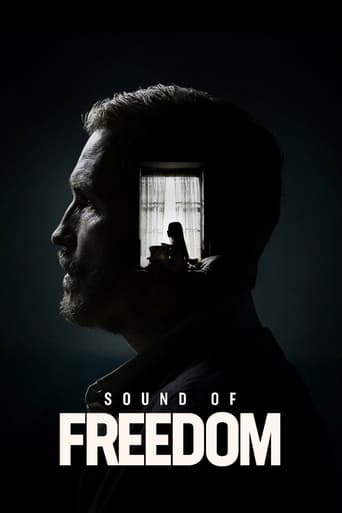

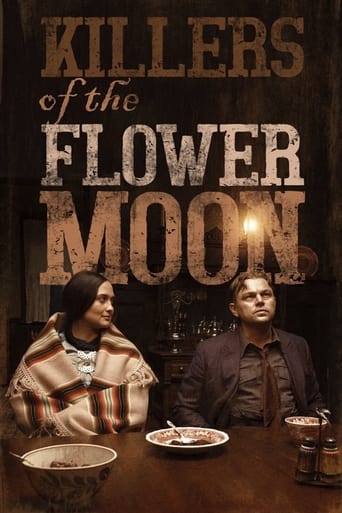

Yellow Earth
A Communist soldier is sent to the countryside to collect folk songs for the Communist Revolution. There he stays with a peasant family and learns that the happy songs he was sent to collect do not exist; the songs he finds are about hardship and suffering. He returns to the army, but promises to come back for the young girl, Cuiqiao, who has been spellbound by his talk of the freedom women have under Communist rule and who wants to join the Communist Army.